Benefits of ERP-CRM Integration for your business- Top 5

In this article we are going to discuss “Needs and Benefits of ERP-CRM Integration.” Before moving on to the integration part, let's quickly introduce ERP and CRM and their requirements in the modern corporate world.
Introduction of ERP & CRM
ERP (Enterprise Resource Planning) and CRM (Customer Relationship Management) - are two applications used by organizations to increase productivity.
- ERP provides customized software that centralizes all the organizational information, including finance, HR, supply chain management, production planning, etc.
- It streamlines the workflow and reduces time, money, and manual work.
- On the other hand, CRM software stores all the sales information, including customer contact data, metrics, and notes in one place to provide smooth customer support.
- It is beneficial as it eases customer support services and increases sales & customer satisfaction.
Both these applications work effectively on their own to boost business performance to a greater extent. But their true potential becomes substantial only when ERP and CRM are integrated.
What is the need of ERP and CRM integration?
ERP and CRM are essential parts of an organization to work efficiently and progressively.
- Traditionally, both the applications were operated independently i.e., data was not automatically accessible or shared with the other application.
- But, In today's competitive world, business owners are observing a more complex business environment. Additionally, they are under increased pressure to act rapidly in response to the changes to maintain the long-term viability of their company.
- Also, customers are becoming more demanding and all these factors are driving the competition to a complete new level.
To maintain the pace and surpass the competitors, more companies are now switching towards ERP and CRM integrated applications instead of individual ones.
After knowing about the need for ERP-CRM Integration. Let's move towards the benefits of this integration in the following section.
Top 5 Benefits of ERP-CRM Integration
When businesses go through a digital transformation, they often want to increase visibility into organizational operations and make crucial business processes more efficient.
Many of those procedures form the essential framework for how an organization functions. It is necessary to have greater visibility and control over those workflows than in the past. Investing in technology such as customer relationship management (CRM) and enterprise resource planning (ERP) software enables that control and visibility, and they work best when they operate as a cohesive unit.
For this reason, many IT professionals, line-of-business managers, and executive-level stakeholders have ERP and CRM integration at the top of their minds.
There are several benefits of Integrated ERP CRM apart from avoiding data duplication. Some of those are listed below.
#1 Synchronized Contacts & Accounts Information
- ERP and CRM stores contacts and account information of a customer for different motives. ERP stores payment details, shipping, and invoice generation, while CRM stores these details for sales, customer support, and services.
- Integration of both ERP and CRM allows data access to both systems in a single platform. Any changes in data in either of the applications will be visible to both systems.
- Now, let's say a customer sends a query regarding shipment details or late delivery. He will contact customer support service, which is a part of CRM. But since the CRM does not have any details regarding supply chain management in their databases, and for that, they will have to contact ERP.
- This is a very tedious as well as time-consuming process. Also, it will lead to customer dissatisfaction due to delayed response which eventually will reduce sales.
- In that case, customer queries would be resolved quickly as CRM has all the information beforehand. This will happen only with the ERP CRM integration.
#2 Accurate Quotation and Order Management
- Sales representatives input deals and quotations into CRM. While orders, invoices, shipment, and delivery of products and services are managed through ERP.
- Delays and issues can also be synced from ERP to the CRM to help sales and support manage client expectations and communication.
- Sales representatives would be able to provide precise quotes with accurate pricing and warehouse inventory when using integrated CRM.
- Now let's say your client wants a product and it isn't manufactured due to the unavailability of required materials. Since the salesperson doesn't have the information of the manufacturing and inventory department, he won't be able to notify the clients about the delays.
- ERP updates the quotations regularly as per the demand fluctuation. If CRM doesn’t have access to the ERP database then CRM won't be updated regarding price variation and he will send the invalid quotation to the clients. But with integrated ERP, the CRM would get notified and can send accurate or precise quotations to the client.
#3 Increased Awareness and Better Forecasting
- One of the major issues in traditional ERP systems is the majority of sellers lack access to their ERP systems.
- This issue could be resolved by integrating ERP and CRM which will create a repository for invoices, products, and orders. In this way, the sales agent would have better access to the order's status and be able to make and track modifications.
- Your team will also receive real-time data from a fully developed ERP and CRM interface, which will enhance forecasting.
#4 Increased Net Profit
- The departments in your firm will collaborate more easily after the integration of ERP and CRM.
- It is easier to keep everyone informed when information has been streamlined.
- With easy-to-navigate simplified data, managers will be able to quickly review all activities.
- Overall productivity will rise as a result, and sales will rise as well, both of which will boost profit margins.
#5 Avoid Data Duplication
- Data is the most crucial element of the company. Data duplication occurs as a result of growth. As the business progresses, accounting becomes the priority and they tend to invest more in that. Other departments are left to operate on their own. As a result, they enter their data into software which eventually will lead to data duplication.
- This issue can be resolved by integrating ERP and CRM.
- Once the data regarding all the departments of ERP as well as CRM is fed into the system. It will be accessible to both of them.
Although ERP-CRM integration has several advantages. These software are built to perform different functions. That's why achieving flawless integration is a challenging task. Let's discuss a few challenges associated with ERP-CRM Integration.
Challenges associated with ERP-CRM Integration
- Complexities in Integration
ERP and CRM technologies rely on different business arrangements and /or different purposes. Thus they require a specific skill set to integrate outside of their ecosystem.
2. Insufficient IT resources / Shortage of IT resources
Variation in the functioning of ERP and CRM systems creates larger projects requiring more IT resources. Unavailability of resources will lead to slow implementation.
3. Systemizing the data structure
Both the software will claim their departmental information to be their own and a little difference can create bigger issues later on.
4. Removal of junk data
There should be timely removal of old data from both systems, otherwise it will create high chances of mistakes in both systems.
Finding the best ERP CRM integration software is a challenging task. Yet not an impossible one.
Discover how “Cinntra Infotech Solution” provides ERP-CRM integration for the top businesses worldwide.
Cinntra Infotech Solutions engineered an innovative platform - BRIDGE CRM. It is a next generation CRM system that provides a 360 degree view of all the client's databases anytime, anywhere. The best part is that it can smoothly integrate with any ERP without any data integrity problem.
It will boost your company’s value in numerous ways,
- Automate all of your sales processes.
- Track all important sales indicators precisely.
- Lead selection and evaluation.
- Accountability of the sales representative.
- Simple to recognize high-potential leads.
- Status of each lead according to real-time sales figures
- Customizable dashboard option.
- “BRIDGE CRM” is the mobile-friendly app available in Google Play Store https://play.google.com/store/apps/details?id=com.cinntra.hana, as well as in the App Store https://apps.apple.com/in/app/bridge-sales-crm/id1589783523.
- Now you can manage your customer relationship and boost your sales at your fingertip.
Bringing It All Together
No doubt, there are numerous advantages of the integration of ERP-CRM. Moreover, this integration will direct the company growth and increase the business efficiency. Still to enjoy these benefits, you need to focus on the minute details to find the partner that supports the best for your company's growth for now and for the future.
If you want expert advice, you can contact us:- +91-8882709959 | ? - [email protected]
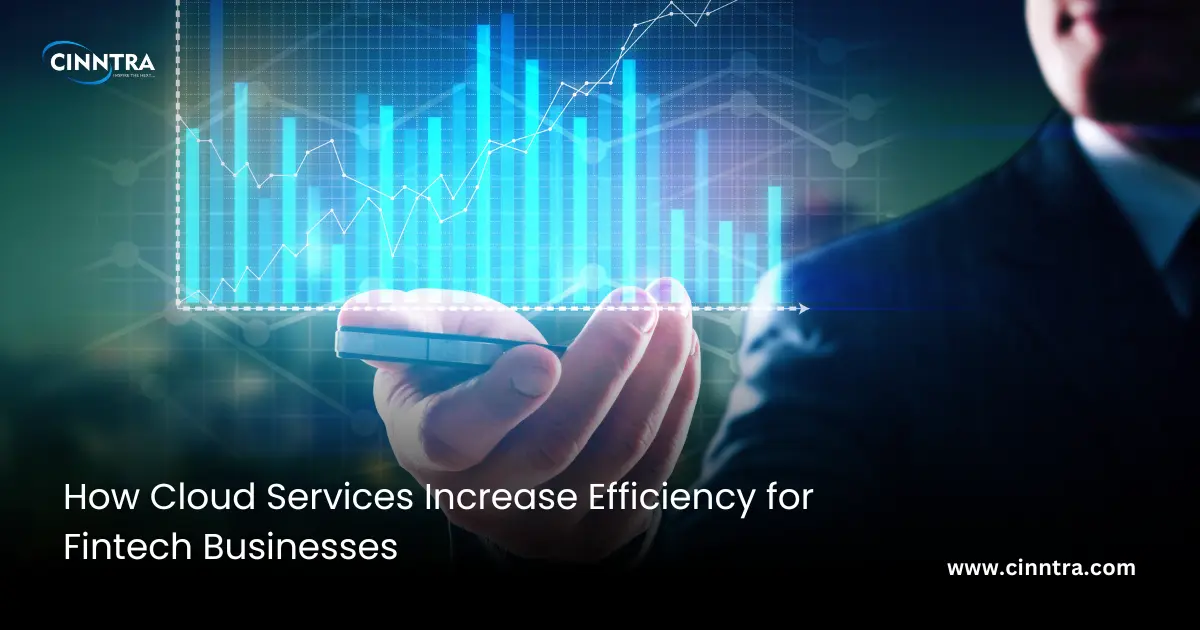
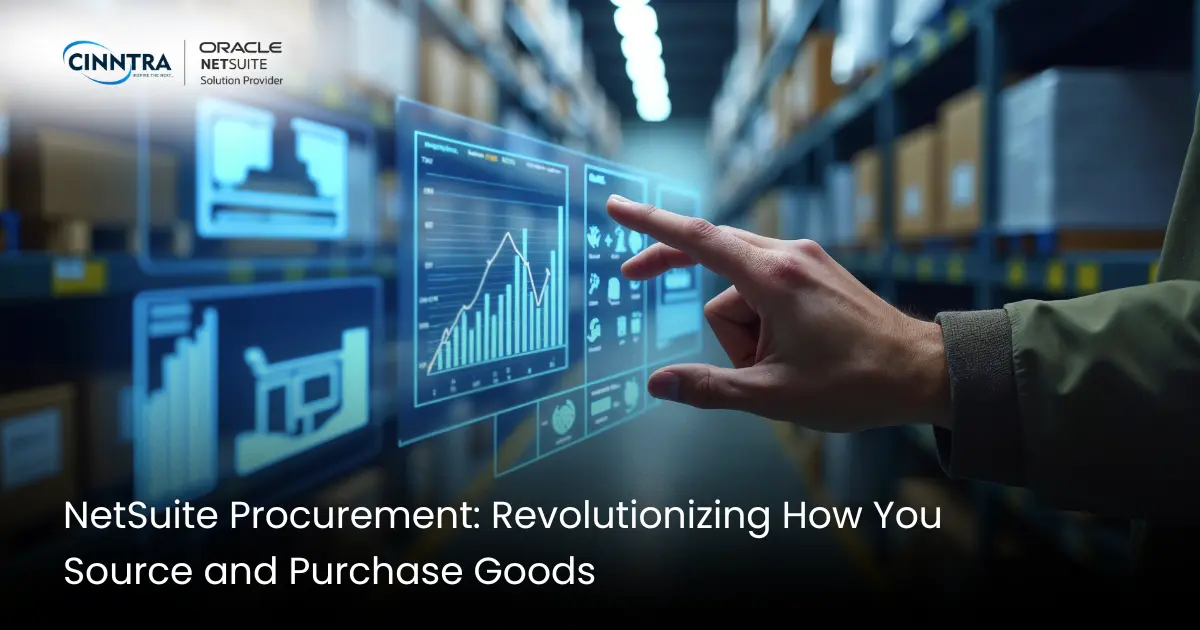
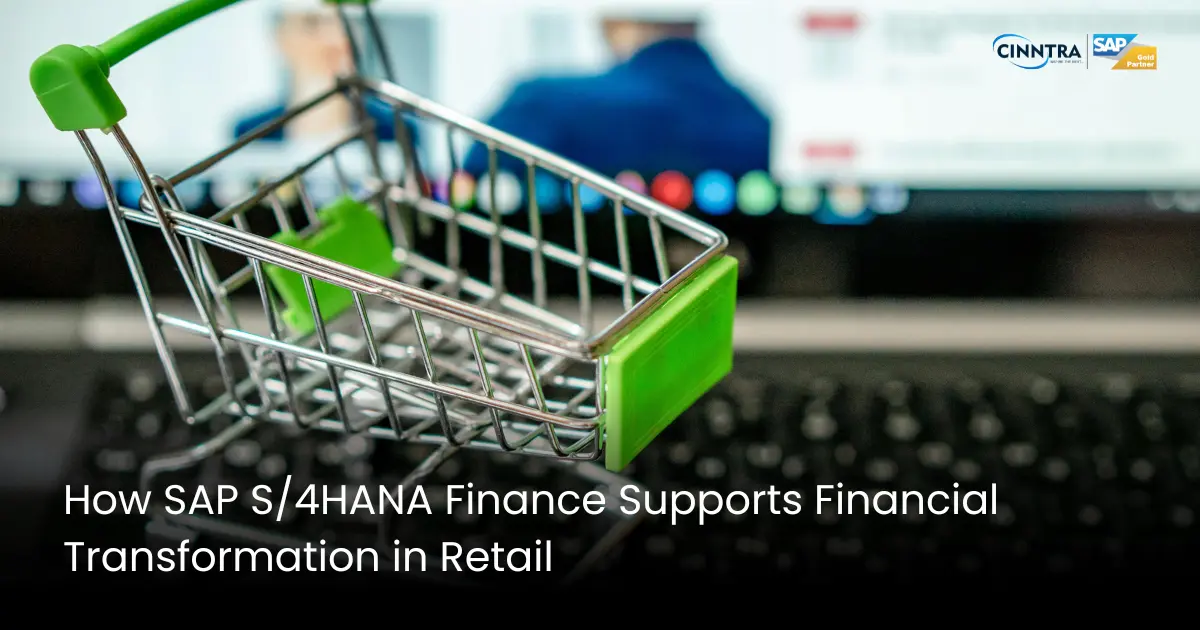

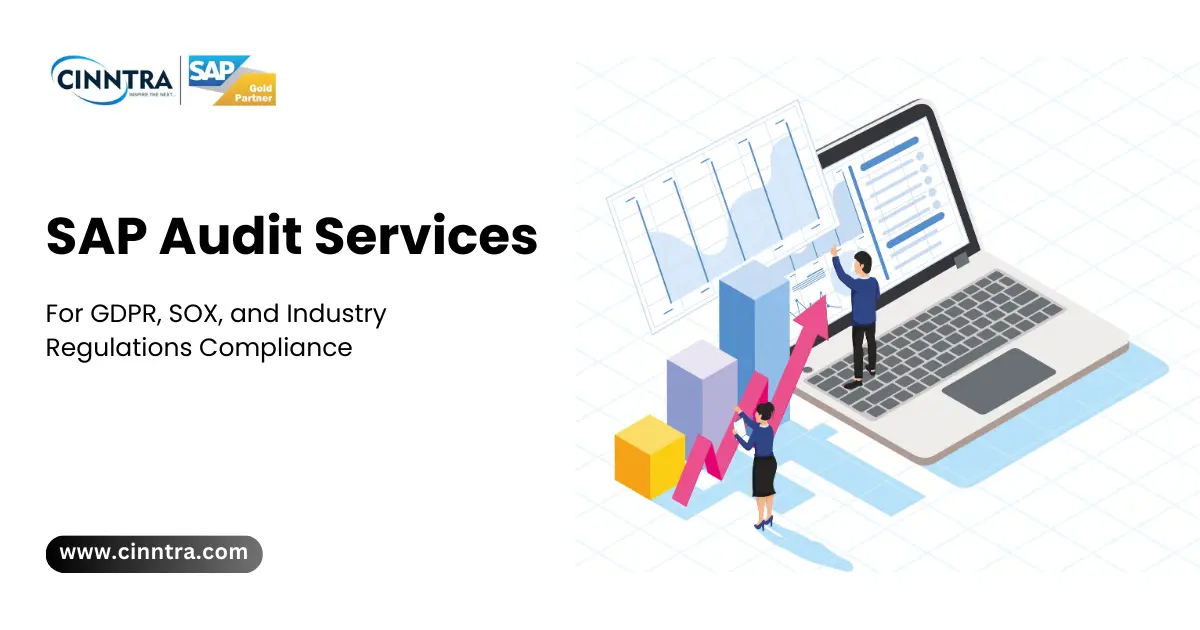
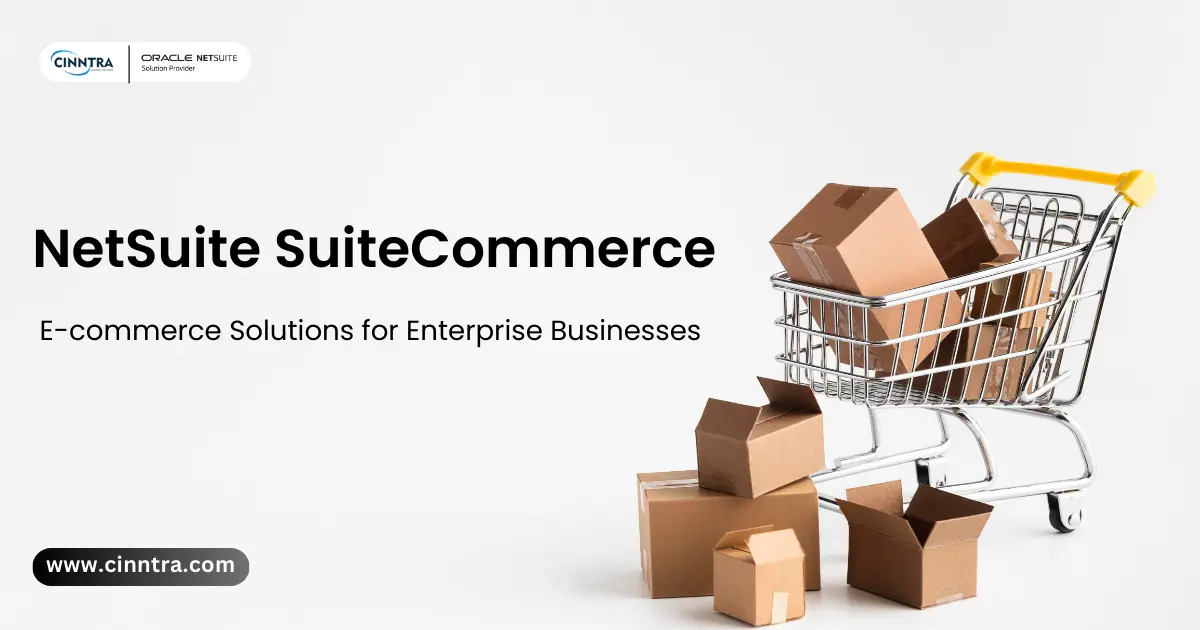
0 Comments